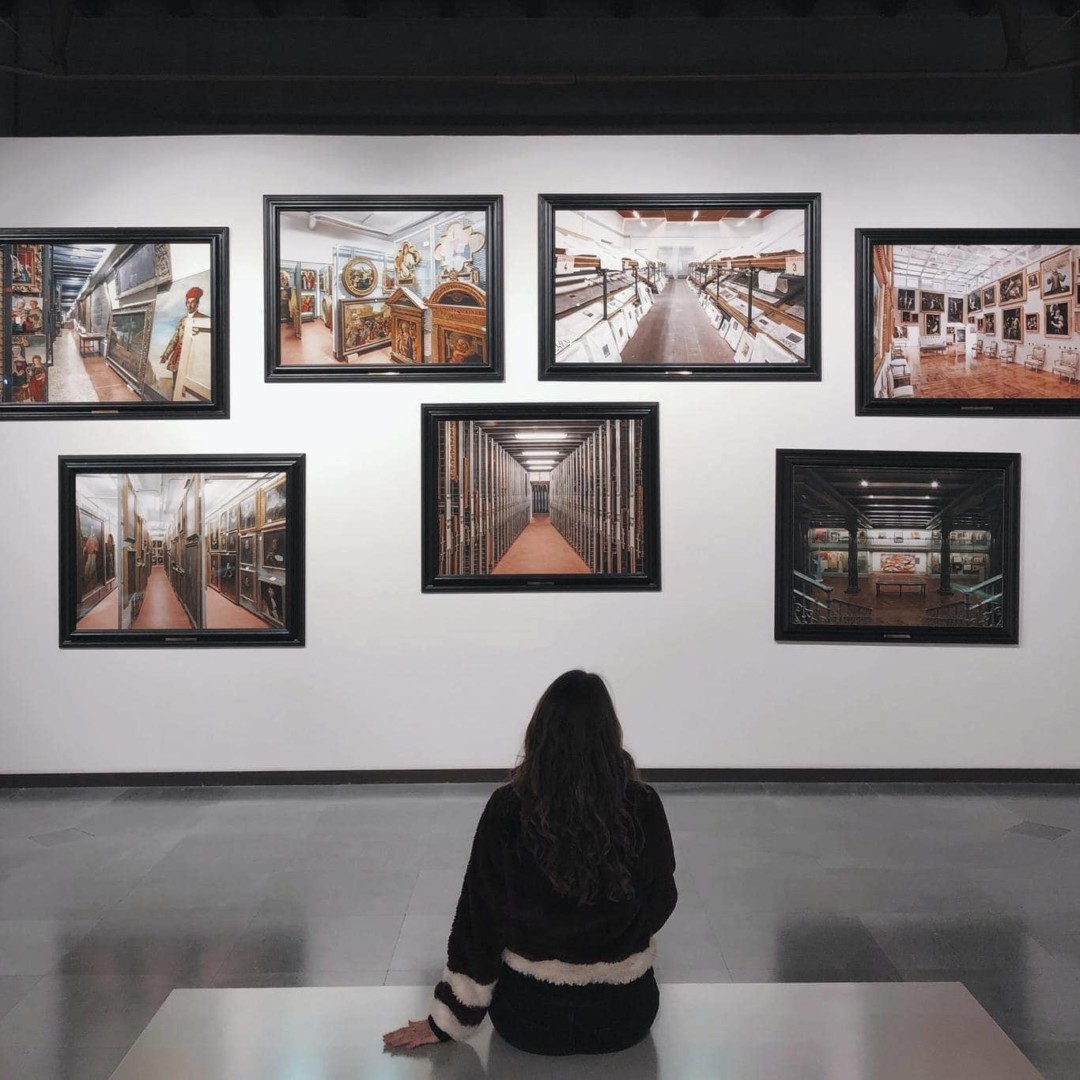An often underestimated but critical element of academic endeavour is communication. There is no doubt that many academic books and articles are dense and impenetrable, written in jargon-laden, over-complexified, and esoteric manners. As a result, academics are frequently accused of living in “ivory towers”, effectively only talking amongst themselves. In relation to fields of research that are explicitly connected to public policy, such as international development studies, the communicative imperative is all the more important, since – theoretically, at least – the research that international development scholars carry out should inform and influence policy. Beyond the fact that – pace Foucault – knowledge does not necessarily always translate into power, part of the reason for this disconnect can be related to the parochial limitations of the academic style.
I ask students to choose an article from the course syllabus, and to re-write it as a 1,500-word work of fiction.
For this reason, as part of a course on “Cities, Conflict, and Development” that I teach (along with Aikokul Arzieva) at the Graduate Institute of International and Development Studies, in Geneva, Switzerland, I set my students an assignment that is aimed at pushing them to think about how to best communicate a message. Inspired in particular by the anthropologist Margery Wolf’s famous book, A Thrice-Told Tale, where she presents and analyses the differences between a short story, her fieldnotes, and an academic article that she wrote about the same events that took place during her research in Taiwan, I ask students to choose an article from the course syllabus, and to re-write it as a 1,500-word work of fiction, along with a 500-word appendix explaining the logic behind their efforts.
The idea of the exercise is to explore how best to convey a point or experience, and to experiment with a different form of representation. The latter is crucial for several reasons. On the one hand, as the sociologist Lewis Coser pointed out in his volume on Sociology through Literature, while “fiction is not a substitute for systematically accumulated, certified knowledge. …The creative imagination of the literary artist often has achieved insights into social processes which have remained unexplored in social science” (1963: 3). On the other hand, as the philosopher Martha Nussbaum put forward in her book on Poetic Justice, certain types of “narrative literature” can help promote a more vivid, “sympathetic imagination”, thereby contributing to “shaping the public sphere” (1997: xviii).
This thematic thread offers a selection from the generally very original and evocative assignments produced by the students on my “Cities, Conflict, and Development” course. The examples that I have chosen to showcase are varied in form, and include poems, short stories, a literary montage, as well as two epistolary fictions. The starting point for each of these is an academic article – or sometimes two – and some element of the latter that struck the contributors to this thread as either particularly important or, alternatively, sub-optimally represented in the original article. In different ways, their contributions seek to put these forward more vividly, more revealingly, more forcefully, or from a different angle, in order to make us think and re-think about them.
The examples include poems, short stories, a literary montage, as well as two epistolary fictions.
Several of the contributors also combine their alternative representations of their selected academic works with elements drawn from their own life experiences, or else have inspired themselves stylistically from specific works of fiction, thereby constituting double intellectual homages not just to the original academic works but also to other, more literary works that have influenced them and their thinking. In all cases, however, the reader is transported, challenged, and made to think about issues, examples, and representation in new ways.
In doing so, the contributions to this thematic thread arguably bring together two different but interconnected meanings of the idea of “representation”. On the one hand, the term refers to the way that things are “presented” – not so much mirroring reality but rather according to particular conscious or unconscious conventions. On the other hand, the term also takes us into political territory, and relates to key ideas about representative democracy. Seen from this double perspective, what the contributions to this thematic thread can therefore be said to highlight is the importance of recognising how and why representations are created and projected, or silenced and ignored, and what consequences this has for the construction of the public sphere.
Featured Image by Klaudia Piaskowska, unsplash.com





